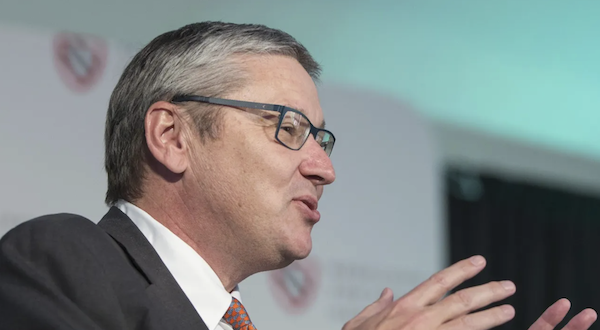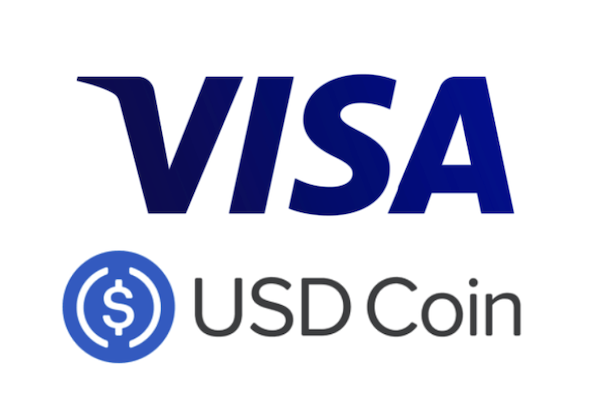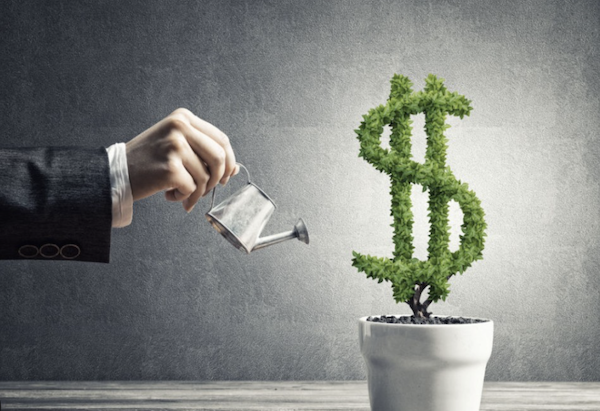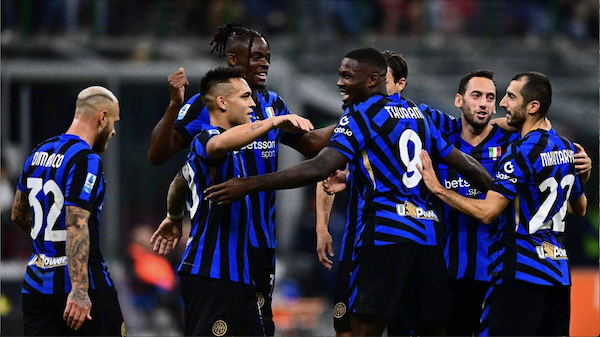Market scorecard
US markets swung back and forth yesterday, before a late rally pushed the major indices into positive territory. The S&P 500 enjoyed its best September in 15 years (historically the worst month of the year for stocks). Nvidia rose 2.6% to a new record, sending its market cap past $4.5 trillion.
In company news, Spotify CEO Daniel Ek is stepping down after nearly 20 years, handing the reins to two longtime lieutenants. Elsewhere, CoreWeave closed up 11.7% after it signed a deal to provide Meta with up to $14.2 billion in computing power to help train its AI models. Lastly, Nike is up 4.5% in after-hours trade thanks to a good set of quarterly numbers.
At the end of another Tuesday, the JSE All-share closed up 0.65%, the S&P 500 rose 0.26%, and the Nasdaq was 0.48% higher. Satisfactory, indeed.
Our 10c worth
One thing, from Paul

What will life look like in 50 years from now? I enjoyed this list of suggestions by Gregory Mankiw (pictured here). He's a professor of Economics at Harvard, and worked at the White House under President George W. Bush.
(1) Thanks to advances in technology, the income of the average American, adjusted for inflation, will be about twice what it is today. Substantial inequality will persist, and populist agitators will continue to argue that the elites have rigged the economy. Partly as a response, the social safety net will become more robust, including a modest universal basic income.
(2) Taxes will be higher to fund the expanded safety net, and because people will have learned that government debt relative to GDP cannot rise forever. Like most of the world today, the US will have a value-added tax.
(3) Workweeks will be shorter due to both the disincentive effect of higher taxes and the desire of most people to use their greater prosperity to enjoy more leisure.
(4) Manufacturing employment will have nearly disappeared, but manufacturing output will remain strong with robots doing most of the work. Service jobs will expand, and entirely new jobs we cannot now imagine will emerge.
(5) Acknowledging past mistakes, the government will eschew most heavy-handed interventions in competitive markets, such as industrial policy, tariffs, minimum wages, rent control and Nimby zoning.
Mankiw believes that these developments will be deemed to be widely desirable, so we'll enjoy stable governments. He paraphrases Martin Luther King: The arc of the economic universe is long, but it bends toward efficiency.
Our investment strategy is to own the companies that will lead the way, and benefit most from these outcomes.
Byron's beats

Visa is an incredible business that is very hard to compete with because of the sophisticated infrastructure networks that they own. There are often concerns that disruption in the payments industry is somehow going to bypass these networks. I can assure you that Visa's management is well aware of the risks and is one step ahead.
For example, Visa announced that it will be launching a stablecoin for cross-border payments through Visa Direct. The pilot will give businesses a new way to move money with less friction, more liquidity and more flexibility. Sounds fantastic. Finally, someone who is passionately explaining to you how blockchain technologies can be useful, will actually make sense.
Visa is a trusted brand, which is very important when it comes to moving people's money. Although the industry might be evolving, I do believe that Visa will remain front and centre of industry developments.
Michael's musings

If you bought a property today for R4 million, and sold it for R5.65 million (after all costs) at the end of 2029, would you be happy with that return? Most people would say yes.
How about if I told you that to turn R4 million into R5.65 million, over four years, you need an annual growth rate of 9%. Would you still be happy? Most people don't get too excited about a 9% per year return. There are fixed deposits out there that give better rates.
The above scenario highlights two things. First, how you frame data is important. In the original question, our minds are drawn to the profit of R1.65 million, which sounds big, and sways our opinion. The second thing to note is the power of compounding. Even with an okay return of 9% a year, the original R4 million starts to gain value quickly. After 15 years, that R4 million would be worth R14.57 million.
More importantly, buying property isn't a great investment. Vestact's average return over the last 10 years has been 18%, meaning the R4million, after four years, would be worth R7.75 million.
Bright's banter

For the first time in 15 years, Inter Milan football club is making some bank, posting a EUR35.4 million profit for the 2024/25 season, a swing of nearly EUR70 million from last year's loss.
Revenues climbed to a record EUR567 million, thanks to European prize money, the new FIFA Club World Cup, and stronger sponsorship and matchday sales.
That's a remarkable turnaround from the dark days of 2020/21, when Covid pushed losses to EUR245 million. And it comes despite not winning any major silverware, with the Serie A title slipping away and PSG thrashing them in the Champions League final.
Under Oaktree's ownership, since May 2024, Inter have tightened operations, rebuilt the club's credibility, and shown that private investors, when disciplined, can sometimes be exactly what sport needs to turn a struggling giant into a sustainable business again.
Linkfest, lap it up
Africa is so much bigger than you think. The Mercator projection doesn't do it justice - Africa relative to other countries and continents.
A country's population drives its economics. Fewer people can create a demand problem - Shrinking populations are becoming more common.
Signing off
Asian markets were mostly higher this morning, with gains across Indonesia, Taiwan, New Zealand, Singapore, South Korea, and Malaysia. Meanwhile, Japan extended losses on weak manufacturing data. China and Hong Kong remained shut for National Day. In Australia, Bravura Solutions surged just over 18.9% after lifting its full-year 2026 earnings guidance.
In local company news, Lesaka (former Net1) reported full year revenue up 14% to R12 billion and profits up 33% to R922 million. It is working hard to close its R1.1 billion Bank Zero deal.
US equity futures are in the red pre-market. The Rand is trading at around R17.27 to the US Dollar.
That's it. Keep busy.